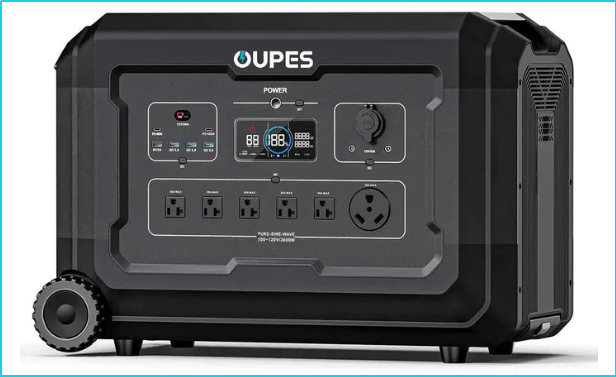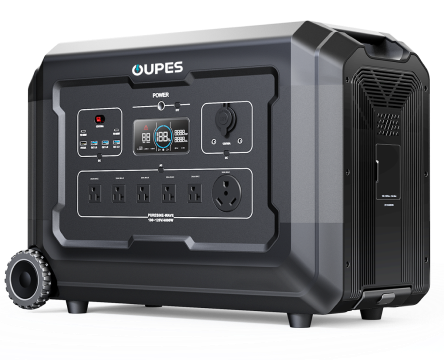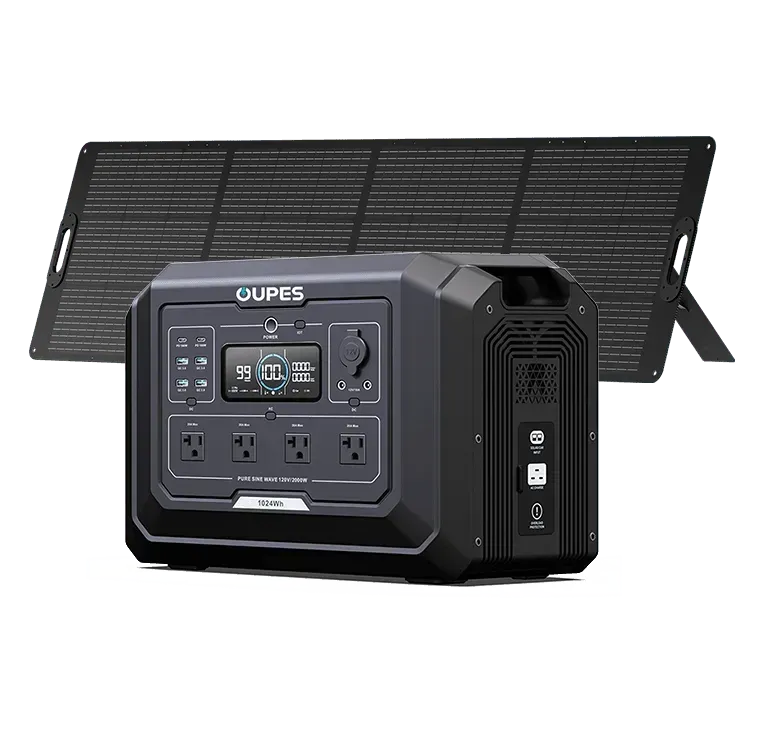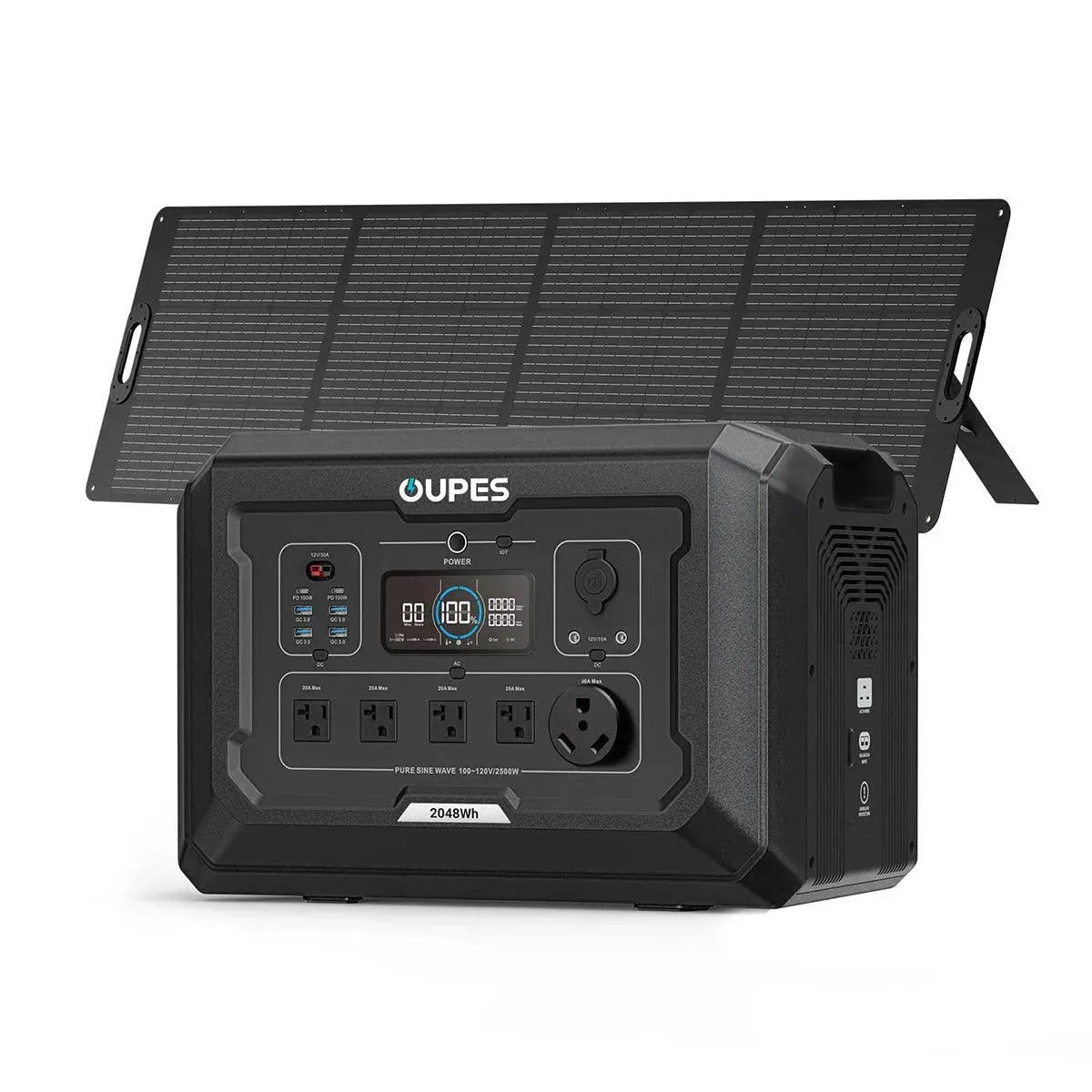
Understanding Watts and BTU
To accurately convert between watts and BTUs, you first need to understand what these units measure. Both are used to express energy or power, but they belong to different measurement systems.
What Is a Watt?
A watt (W) is the standard unit of power in the International System of Units (SI). It represents the rate at which energy is consumed or produced—specifically, one joule of energy per second. When an appliance is rated at 1000W, it means it uses 1000 joules of energy every second.
What Is a BTU?
A British Thermal Unit (BTU) measures energy in the imperial system. One BTU is the amount of heat required to raise the temperature of one pound of water by one degree Fahrenheit. BTU is commonly used in the United States to rate heating and air conditioning equipment.
BTU/hr Explained
When dealing with power—rather than total energy—you’ll often see BTU per hour (BTU/hr). This represents the rate at which heat is transferred. For example, a heater rated at 5,000 BTU/hr provides that amount of heat energy every hour.
Why Watts to BTU Conversion Matters
Knowing how to convert between watts and BTUs is essential when comparing heating or cooling systems, calculating energy efficiency, or designing power equipment. Many countries use watts, while others still rely on BTU/hr ratings, so understanding both allows for accurate cross-system comparisons.
Key Reasons to Convert
- Compare Energy Systems: Helps evaluate heaters, air conditioners, and energy devices that use different units.
- Estimate Power Requirements: Convert heating or cooling needs into electrical load capacity.
- Ensure Efficiency: Understand how much energy is consumed or produced over time.
Basic Formulas for Conversion
The relationship between watts and BTUs is based on a simple constant:
1 watt = 3.412 BTU/hr
This means that for every watt of power, about 3.412 BTUs of energy are produced per hour.
Formulas
- To Convert Watts to BTU/hr:
BTU/hr = Watts × 3.412 - To Convert BTU/hr to Watts:
Watts = BTU/hr ÷ 3.412 - To Convert Total BTUs to Watt-hours (Wh):
Wh = BTU × 0.2931
Key Conversion Constants
| Unit | Equivalent |
|---|---|
| 1 W | 3.412 BTU/hr |
| 1 BTU/hr | 0.2931 W |
| 1 kW | 3412 BTU/hr |
Step-by-Step Conversion Examples
Example 1: Converting Watts to BTU/hr
Suppose you have a 2000W space heater. To convert watts to BTU/hr:
BTU/hr = 2000 × 3.412 = 6824 BTU/hr
So, a 2000-watt heater provides about 6824 BTU of heat per hour.
Example 2: Converting BTU/hr to Watts
Now, let’s say you have an air conditioner rated at 12,000 BTU/hr. To convert that into watts:
Watts = 12,000 ÷ 3.412 = 3517 W
This means the air conditioner has an approximate power draw of 3.5 kilowatts.
Example 3: Converting BTUs to Watt-hours
If a heating system delivers 10,000 BTUs of energy, you can find the equivalent watt-hours:
Wh = 10,000 × 0.2931 = 2931 Wh
That’s roughly 2.9 kilowatt-hours of energy.
Watts to BTU and BTU/hr to Watts Conversion Tables
Watts to BTU/hr
| Watts (W) | BTU/hr |
|---|---|
| 100 | 341.2 |
| 500 | 1706 |
| 1000 | 3412 |
| 1500 | 5118 |
| 2000 | 6824 |
| 3000 | 10,236 |
| 5000 | 17,060 |
BTU/hr to Watts
| BTU/hr | Watts (W) |
|---|---|
| 1000 | 293 |
| 5000 | 1465 |
| 10,000 | 2931 |
| 12,000 | 3517 |
| 18,000 | 5276 |
| 24,000 | 7034 |
| 36,000 | 10,551 |
Difference Between Watts and BTU/hr
While both watts and BTU/hr measure power, they are used in different systems and contexts. The watt is a metric unit, while BTU/hr is imperial. Both quantify the rate of energy transfer, but they differ in scale and usage.
| Feature | Watts | BTU/hr |
|---|---|---|
| Measurement System | Metric (SI) | Imperial (US) |
| Used For | Electrical and thermal power | Heating and cooling power |
| Typical Applications | Electronics, motors, power supplies | Air conditioners, furnaces, heat pumps |
| Conversion Factor | 1 W = 3.412 BTU/hr | 1 BTU/hr = 0.2931 W |
How to Calculate Heat Output or Cooling Power
If you know a system’s wattage, you can calculate how much heat it generates using the conversion factor. Similarly, if you know a cooling system’s BTU/hr rating, you can determine how much electrical power it draws.
Heat Output from Power Input
For electric heaters, nearly all the power is converted to heat. So, a 1500W heater outputs approximately:
1500 × 3.412 = 5118 BTU/hr
Cooling Power from Energy Usage
For air conditioners, efficiency (EER or COP) affects conversion. A unit drawing 1000W with an EER of 10 delivers:
1000 × 10 = 10,000 BTU/hr
This indicates how energy efficiency improves cooling performance relative to power input.
Real-World Applications of the Conversion
1. HVAC Sizing
Knowing how to convert BTU/hr to watts helps size heating or cooling systems properly. For example, a 12,000 BTU/hr air conditioner roughly equals a 3.5 kW unit, ideal for medium-sized rooms.
2. Energy Efficiency Comparison
Energy efficiency ratings often use both units. Understanding the relationship between watts and BTUs helps compare systems fairly.
3. Solar and Backup Systems
When designing solar setups or power backups, knowing the BTU equivalent of electrical output allows better estimation of system performance for heating or cooling applications.
4. Appliance Power Estimation
Understanding this conversion helps estimate how much energy your heater or AC consumes per hour, which translates directly to energy cost and system design.
Common Mistakes to Avoid
1. Confusing Energy with Power
Watts and BTU/hr measure power (rate), while watt-hours (Wh) and BTUs measure total energy. Mixing them leads to incorrect calculations.
2. Ignoring Efficiency Ratings
In real-world systems, efficiency matters. Electric heaters are nearly 100% efficient, but cooling systems are not. Always factor in performance metrics like COP or EER.
3. Using Rounded Conversion Factors
Although 3.4 is often used for quick math, using the exact constant 3.412 provides more accurate results in technical calculations.
FAQ
1. What is the exact conversion factor between watts and BTU/hr?
1 watt equals 3.412 BTU/hr, and 1 BTU/hr equals 0.2931 watts.
2. How many watts are in 12,000 BTU/hr?
12,000 ÷ 3.412 = approximately 3517 watts (about 3.5 kW).
3. Why are air conditioners rated in BTU/hr instead of watts?
BTU/hr has been the traditional unit for measuring heating and cooling output in the U.S., especially for HVAC systems.
4. How do I convert kilowatts (kW) to BTU/hr?
Multiply kW by 3412. For example, 2 kW × 3412 = 6824 BTU/hr.
5. Can I use these formulas for both heating and cooling systems?
Yes. The conversion applies universally to any system transferring energy as heat, whether for heating or cooling.
6. What’s the difference between BTU and BTU/hr?
BTU measures total energy, while BTU/hr measures the rate at which energy is transferred per hour.
7. Which is better to use—watts or BTU/hr?
It depends on your region and application. Watts are standard in most countries, while BTU/hr remains common in HVAC systems in the U.S.




























